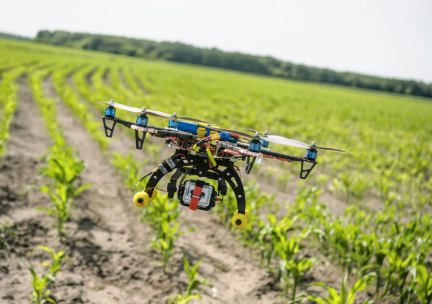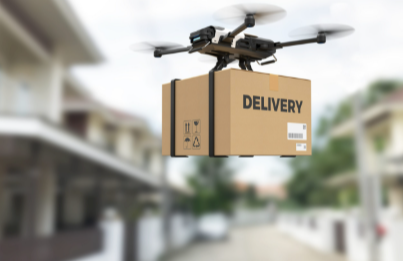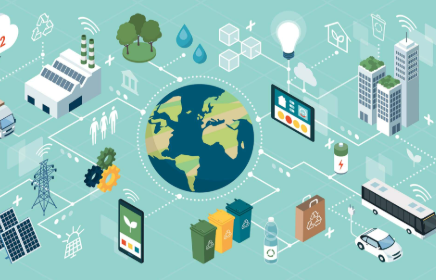How Technology Is Revolutionizing the Agriculture Industry
The agriculture industry is experiencing a significant transformation due to technological advancements. Precision farming, drones, artificial intelligence, and blockchain are reshaping how farmers operate. These tools allow for more efficient resource management and improved crop yields. However, the impact of these innovations extends beyond productivity. There are deeper implications for sustainability and food security that warrant exploration. Understanding these changes may reveal a new era for agriculture, one that could redefine food production and consumption.
Precision Farming: Harnessing Data for Better Crop Management
As technology continues to evolve, precision farming has emerged as a critical approach for enhancing crop management.
This innovative methodology leverages soil sensors and crop analytics to gather real-time data, enabling farmers to make informed decisions.
Through the meticulous analysis of soil conditions and crop health, agriculturalists can optimize resource usage, ultimately fostering sustainability and promoting autonomy in farming practices.
Drones and Robotics: Transforming Field Operations
The integration of drones and robotics is revolutionizing field operations in agriculture, complementing the advancements made through precision farming.
Drone applications enhance monitoring, allowing farmers to assess crop health and optimize resource use efficiently.
Meanwhile, robotic harvesting offers the promise of increased productivity and reduced labor costs.
Together, these technologies empower farmers to operate with greater autonomy and efficiency, transforming traditional agricultural practices.
Read more: How Technology Is Helping to Solve the Climate Crisis
Artificial Intelligence: Enhancing Decision-Making in Agriculture
Artificial intelligence (AI) is increasingly becoming a cornerstone of decision-making processes in agriculture, offering farmers powerful tools to analyze vast amounts of data.
By leveraging AI for crop prediction, farmers can anticipate yields more accurately, enabling them to optimize resources and improve productivity.
This technological advancement not only enhances yield optimization but also empowers farmers to make informed decisions, fostering greater agricultural sustainability.
Blockchain Technology: Ensuring Transparency and Traceability in Food Supply Chains
While traditional food supply chains often struggle with issues of transparency and traceability, blockchain technology offers a revolutionary solution that can transform these systems.
By utilizing smart contracts, stakeholders can ensure real-time tracking of products from farm to table, enhancing accountability.
This decentralized approach fosters trust among consumers and producers, ultimately leading to a more resilient and efficient supply chain in the agriculture industry.
Conclusion
In conclusion, technology is akin to a farmer’s trusted compass, guiding them through the complexities of modern agriculture. For instance, a recent study revealed that precision farming techniques can increase crop yields by up to 30%. Just as a compass provides direction, these innovations empower farmers to navigate challenges, optimize resources, and cultivate sustainably. As technology continues to evolve, it promises to sow the seeds for a more productive and transparent agricultural landscape, reshaping the industry for the better.







